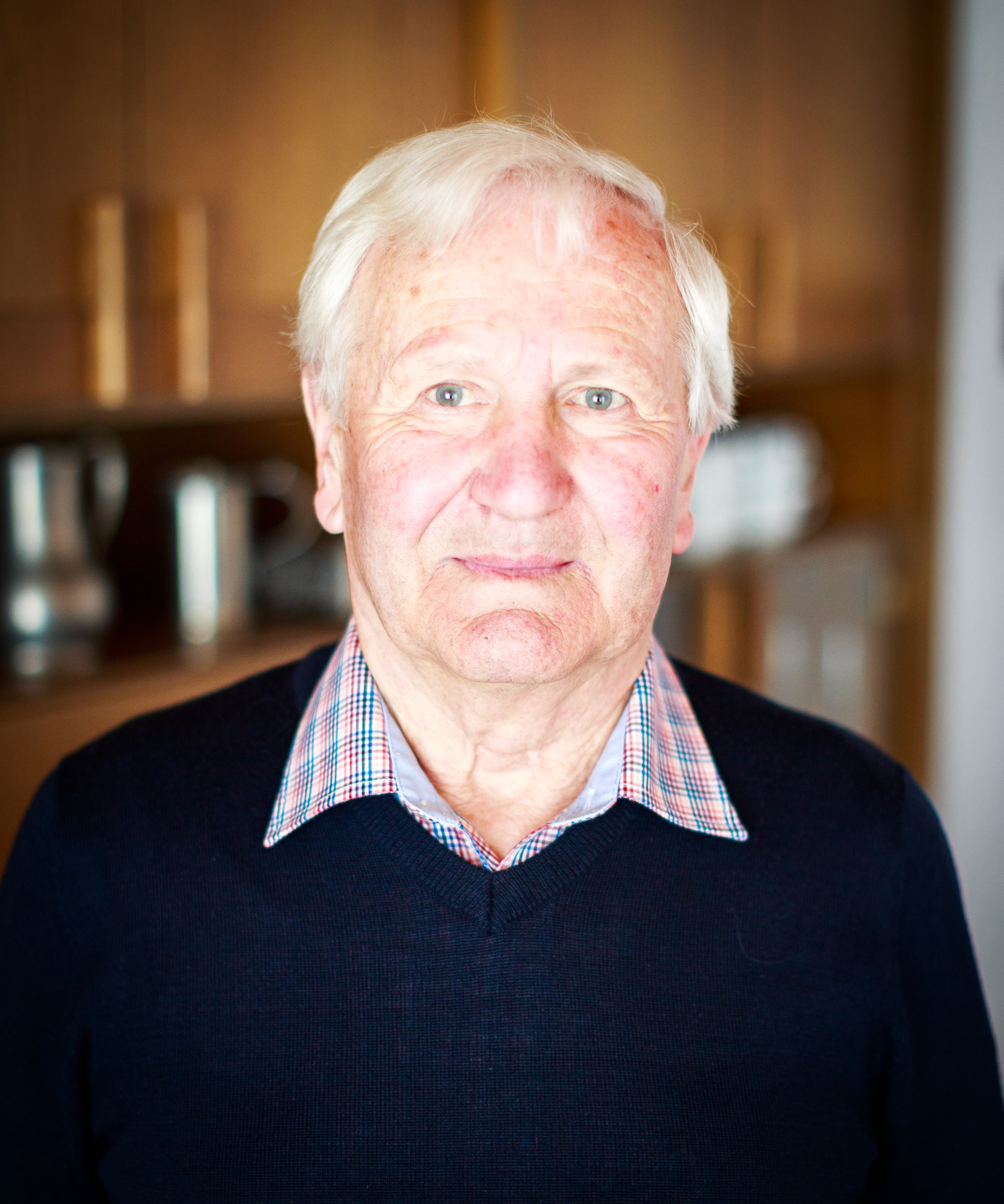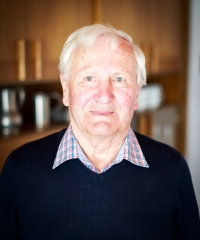War is always bad for both parts

Download image
Werner was born on 27th September, 1935 in a hospital in Troppau (Opava). His father was a teacher, so the family often moved due to his job. At the end of war the family lived in Wildgrub (Václavov u Bruntál) at the school premises. He had three younger brothers. In winter 1944 experienced the hiding of the wretched Russian prisoners who were passing through the village. His life changed a lot on 5th May, 1945, because his father was shot by the Russian soldiers who were passing by. The father did not want to get into the militia; he did not want to carry a pistol to shoot at people. “I will not do that,” he said, and on that day he ran away from the soldiers. The mother, who was left alone with the children, had to take care of the funeral with a household maid. The father was buried in the common grave along with two or three who had been killed by the Russians in Freudenthal (Bruntál). Werner also experienced the rage of the Russians, who wanted to get girls and women in the village and raped them. In September 1946 the family was taken to the station in Freudenthal (Bruntál) and they took a transport to Neumarkt in the Oberpfalz. “Right before the border they threw the white N out of the train ...they all did it.” It was not so easy to study in Germany. He had already prepared his place at the gymnasium back at home. In his new homeland he first trained as a machine builder. Later in 1968 due to health problems he became a banker. He married Theresia in 1959. One year later his son was born. Although the family did not talk much about this time, Werner says: “These experiences are properly imprinted and when you get older they come back to you.”
